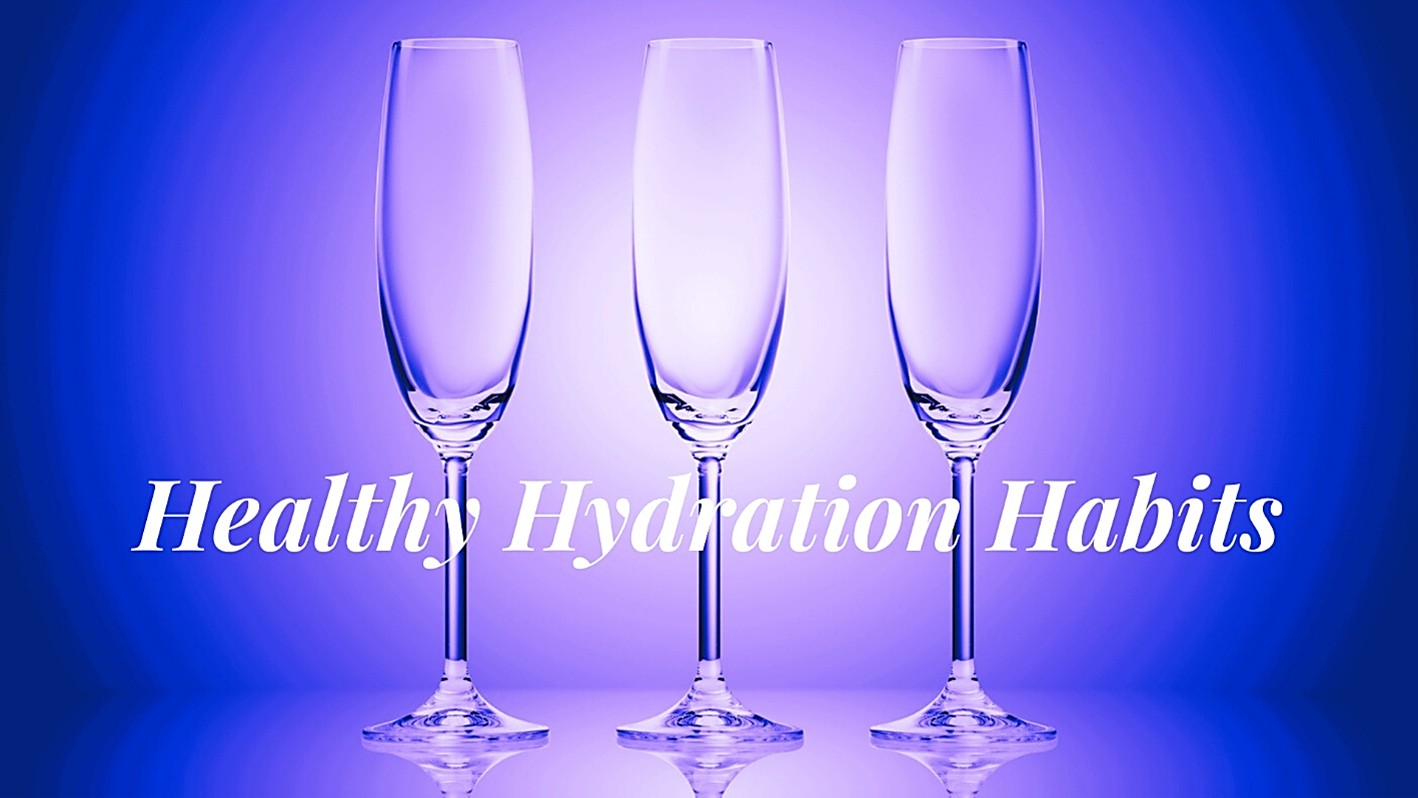
by Fern Shaw | Jan 13, 2026 | Water, water cooler, Water Coolers
Just like that, the festive lights are packed away, the last mince pie crumbs have mysteriously disappeared and we’re easing ourselves into another brand-new year. December often feels like a blur of celebrations, cosy moments and perhaps one too many helpings of everything – but we wouldn’t have it any other way. From catchups with friends and family to those quiet, in-between days where time seems to slow down, the festive season has a habit of leaving us both content and slightly disoriented.
We hope you had a joyful festive season, full of laughter, rest and maybe even a little mischief. And we have to ask … did anyone actually decorate their water cooler? We like to imagine a few tinsel-wrapped taps, a stray string of fairy lights and perhaps even the occasional Santa hat making a surprise appearance in the office or kitchen. After all, if you’re going to hydrate, you might as well do it in style.
As we step into brand spanking new year, filled with purpose, clarity, vision and healthy hydration habits, there’s a quiet sense of excitement in the air and, hopefully, a renewed commitment to looking after ourselves. January doesn’t have to be about drastic changes or unrealistic resolutions. Sometimes it’s simply about resetting, refocusing and choosing to do the small things a little better.
This year, how about we focus on creating small habits that make a big difference. Taking a moment to pause during a busy day. Remembering to refill your water glass before it’s empty. Choosing progress over perfection and feeling good about the direction we’re heading in, even if it’s one sip at a time. However you prefer to refresh your drinking water – hot, cold or ambient, remember, you’ll find the perfect solution among AquAid’s range of high-quality water dispensers.
There’s something refreshing about a new year – a chance to bring intention into our routines and clarity into our goals, while keeping things light-hearted and achievable. Healthy routines don’t have to be complicated; often, they start with the simplest choices.
Here’s to a year of clear minds, steady momentum and well-hydrated days ahead. We’re looking forward to every moment of it – and we’re glad you’re coming along for the journey.
Cheers to the year ahead!

by Fern Shaw | Dec 10, 2025 | aquaid, Water, water cooler
Did you catch the double meaning? Clever you if so. If not: real fir trees need you to water them … and then there are Christmas trees actually made of water. Granted, those involve more plumbing, jets and fountains than most of us have lying around, but you get the picture.
It’s fairly obvious that I love Christmas. Not the commercial chaos that pops up in shops from early October (or, in one horrifying case, late September), but everything else? Count me in. For me – and millions of other festive humanoids – Christmas doesn’t begin until the tree is up.
A couple of years ago I went slightly off piste. I rescued a branch from the local garden refuse tip, stripped it (yes, de-leafed is absolutely a word), left a few dramatic leaves for effect, spray-painted it white, planted it in a pot, wound some lights round it and voilà – Christmas achieved.
This year, I’m eyeing a wire-art Baobab tree. If that fails, I’m heading to a Christmas tree farm to rent a real fir for a few weeks.
Yes, renting a Christmas tree is genuinely a thing. Across the UK you can now rent a gorgeous potted fir from November to January. They deliver it, collect it and all you need to do is keep it watered while it’s visiting your space.*
There’s even a company offering fully decorated real trees, though that feels a bit like skipping the whole tree-decorating magic – unless, of course, you’ve endured one pine-needle prick too many.
If the thought of watering, sweeping or wrangling with branches fills you with dread, there are brilliant alternative Christmas tree ideas – many eco-friendly and none involving plastic stand-ins. Driftwood arranged as branches against a wall; bright paper designs wrapped around a frame; stacked gold cushions; or even a wall-mounted arrangement of baubles shaped like a tree. The only limit is your imagination.
Granted, some alternatives make traditional dancing-round-the-tree tricky, as one bah-humbug soul pointed out. But if that doesn’t bother you, then hang that tree, frame that shape, glue those baubles.
Whatever tree brightens your space this season, here’s wishing you a blessed and merry Christmas from all of us at AquAid.
*Psst – using your water cooler water to water your Christmas tree is not recommended.
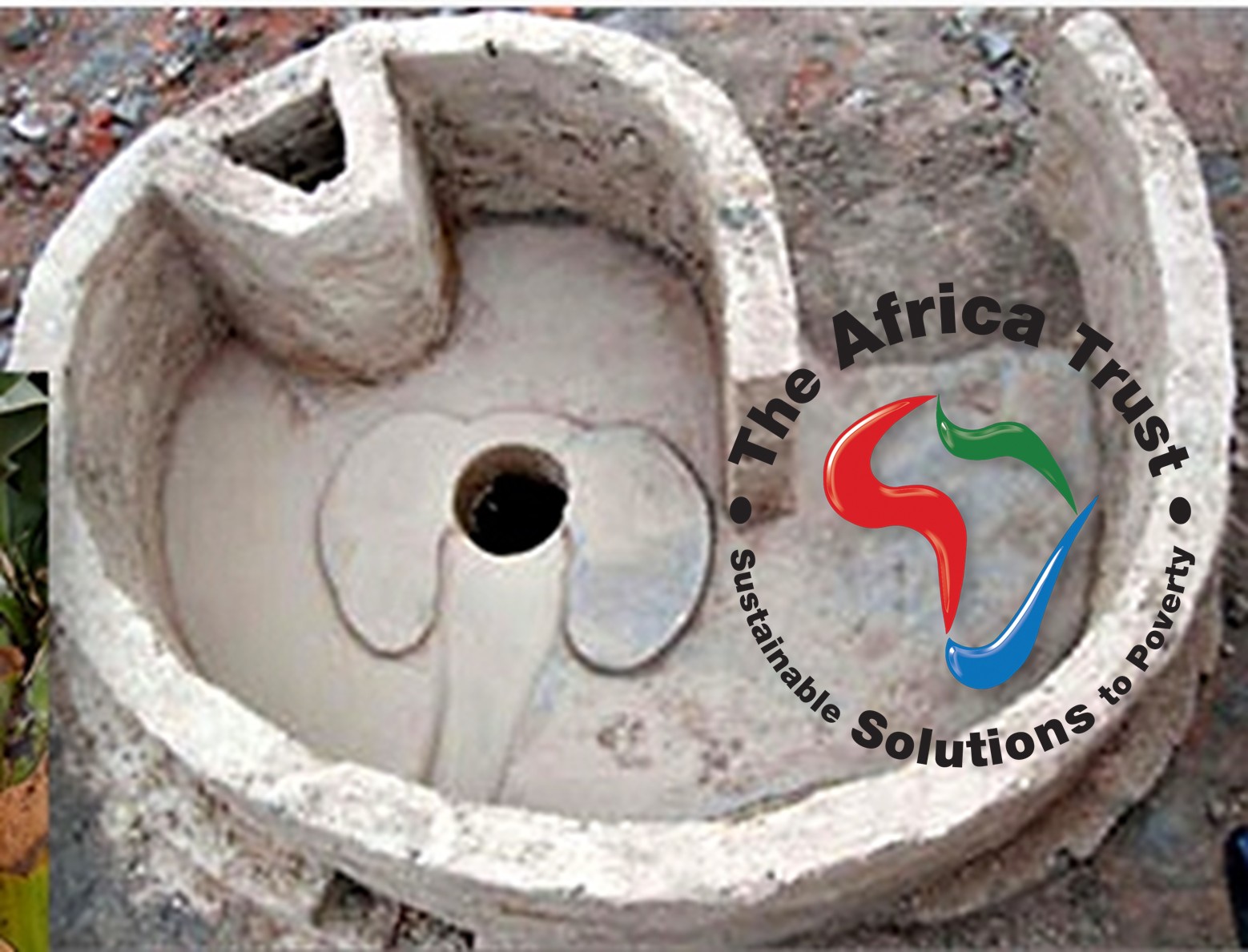
by Fern Shaw | Nov 19, 2025 | Africa Trust, aquaid, Water, water cooler, Water Coolers
In the UK, it’s easy to take toilets and clean water for granted. Most of us rarely stop to think about what life would look like without the privacy, hygiene and safety that proper sanitation provides. But for billions of people around the world, a reliable toilet is far from guaranteed. That’s exactly why World Toilet Day continues to be so important.
This year’s theme, Sanitation for Peace, reminds us that safe sanitation is closely tied to stability, health and equality. When people don’t have access to hygienic facilities, the results can be devastating: increased disease, contaminated water sources and a loss of safety and dignity – particularly for women and children. Diarrhoea remains one of the leading causes of death for children under five in developing countries, largely due to poor sanitation and hygiene. And around 1 in 8 people worldwide still practise open defecation every day.
But progress doesn’t always require complex technology. Sometimes, the most effective solutions are simple, well-designed and community driven. One example is the Elephant Toilet, created by The Africa Trust, an AquAid founded charity working across sub-Saharan Africa. This eco-friendly VIP (Ventilated Improved Pit) latrine uses minimal water, is built with local materials and skills, and provides a safe, clean and long-lasting sanitation option for rural communities. The design was recognised with the St Andrews Prize for the Environment for its ingenuity and effectiveness.
What makes the Elephant Toilet especially powerful is the way communities are involved. The Africa Trust provides training and materials – such as cement for the slabs – so local people can build and maintain their own facilities. This creates ownership, resilience and long-term benefits long after the initial construction is complete.
World Toilet Day is a reminder that sanitation is a foundation for health, dignity and opportunity. By supporting practical solutions and investing in sustainable systems, we can help ensure that everyone, everywhere, has access to something as basic – and as vital – as a safe toilet.
These are just a few reasons why AquAid is proud to support The Africa Trust. To date, over 1000,000 Elephant Toilets have been built, benefitting more than two million people. Since the beginning, The Africa Trust, along with AquAid, have understood how essential good sanitation is – not just for health, but for creating safer, stronger and more resilient communities.
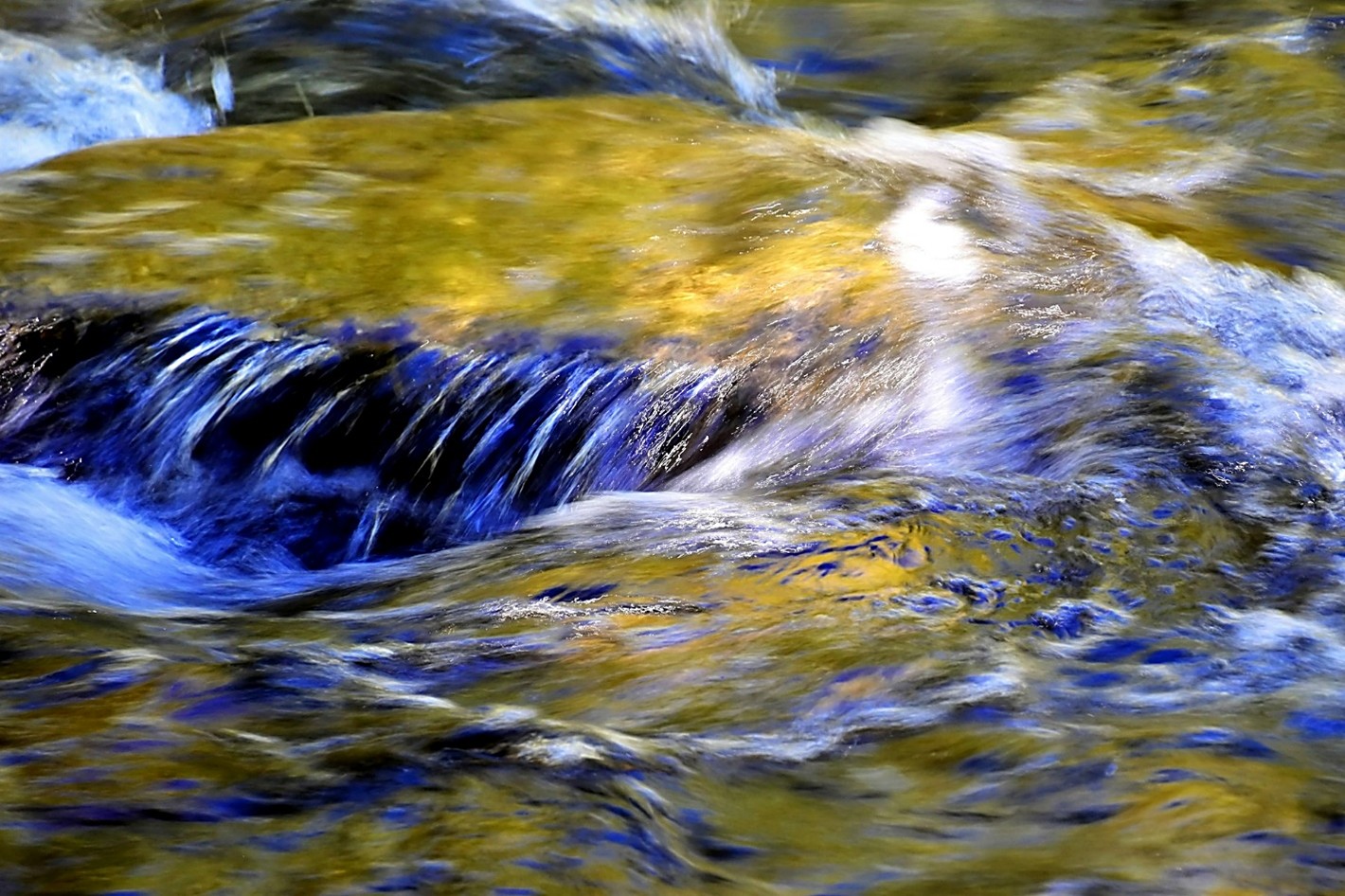
by Fern Shaw | Oct 15, 2025 | Water, water cooler, Water Coolers
That rather clever, my dears, is apparently a quote by Leonardo da Vinci. Who he? According to Wiki, this genius was a (don’t hold your breath now) polymath, painter, sculptor, architect, musician, mathematician, engineer, inventor, anatomist, geologist, cartographer, botanist and writer.
To see how truly marvellous water is, I’ve gathered a selection of quotes about water. I think they’re rather lovely:
If there is magic on the planet, it is contained in the water. ~ Loren Eisley
Everywhere water is a thing of beauty, gleaming in the dewdrops; singing in the summer rain; shining in the ice-gems till the leaves all seem to turn to living jewels; spreading a golden veil over the setting sun; or a white gauze around the midnight moon. ~ John Ballantine Gough, A Glass of Water
Water flows humbly to the lowest level.
Nothing is weaker than water,
Yet for overcoming what is hard and strong,
Nothing surpasses it.
~ Lao Tzu, Tao Te Ching
Water is H2O, hydrogen two parts, oxygen one, but there is also a third thing that makes water and nobody knows what that is. ~ D. H. Lawrence, Pansies
When the well is dry, we know the worth of water. ~ Benjamin Franklin
Praised be Thou, O Lord, for sister water, who is very useful, humble, precious, and chaste.
~ St. Francis of Assisi, Canticle of the Sun
We forget that the water cycle and the life cycle are one. ~ Jacques Cousteau
I’d hazard an opinion that water is not just the driver of nature, but ultimately the driver of life. Without water we’d be in a sorry situation very quickly.
Fortunately for us Earth dwellers, we do have water. What we need to remember though is that potable water is becoming scarcer than need be. It is our responsibility to ensure that we protect this, the most important of our natural resources.
At AquAid, we like to do our bit, by providing water coolers that don’t leak or drip, but sit quietly and unassumingly in their designated water cooler area (wherever you decide that may be) offering a constant, consistent supply of refreshing drinking water.
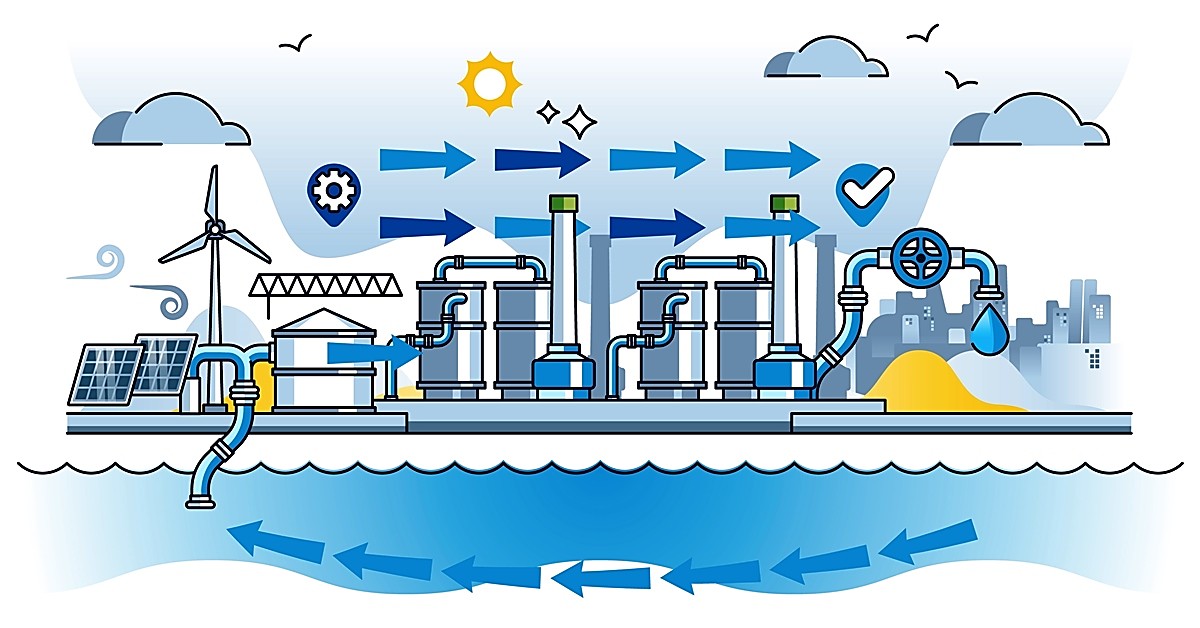
by Fern Shaw | Sep 15, 2025 | Water, water cooler
In 2025, it’s easy to forget that even in the UK, water security is a cause for concern. While globally, around 703 million people still live without access to safe drinking water, the UK isn’t immune to water stress – especially with rising demand and increasingly unpredictable weather patterns. According to the Environment Agency, parts of England could run out of water within 20 years if no action is taken.
And it’s not just about drinking water. Sanitation, water infrastructure and waste are big issues too. The average person in the UK uses around 142 litres of water per day, much of it flushed straight down the loo. That’s a lot of clean, treated water quite literally going to waste.
Add in climate change – drier summers, flash floods, and aging reservoirs – and it’s clear that water security isn’t something we can ignore. Thames Water, for instance, has already had to impose hosepipe bans in some areas and regulators have warned that demand could outstrip supply by the mid-2030s.
Cars That Emit Water (And Nothing Else)
Hydrogen-powered vehicles, once seen as futuristic, are now being trialled across the UK. Companies like Toyota and Hyundai have hydrogen models on the road, with the UK government investing over £200 million in low-emission transport and fuelling infrastructure. These cars generate electricity using hydrogen and oxygen, emitting only water vapour. They’re still rare compared to electric vehicles, but they’re part of a wider clean transport push.
Desalination in the UK?
While desalination is still more common in arid regions, the UK does have one major plant—the Beckton desalination plant in East London, which can supply up to 150 million litres of drinking water per day during drought conditions. It’s a backup plan more than a daily necessity, but as climate pressures increase, the role of such technology is likely to grow.
When All You Really Need is a Water Cooler
Still, for most of us, there’s no need to filter seawater or retrofit your car with hydrogen cells just to stay hydrated. Keep things simple by replenishing your drinking water from your water cooler or water dispenser. No desalination or hydrogen tanks required – just good‑old refreshing water. If your office supply isn’t hitting the mark, contact AquAid for cool, convenient hydration you can rely on.
Sources
Environment Agency’s water supply warning: from an article at The Times
Hosepipe bans in the Thames Valley: from Thames Water, Homebuilding
£200 million for low‑emission transport and refuelling infrastructure: from transportldp.co.uk, GOV.UK
£500 million for hydrogen network infrastructure: reported by Government Business
Beckton desalination capacity and usage: from Wikipedia, Everything Explained Today
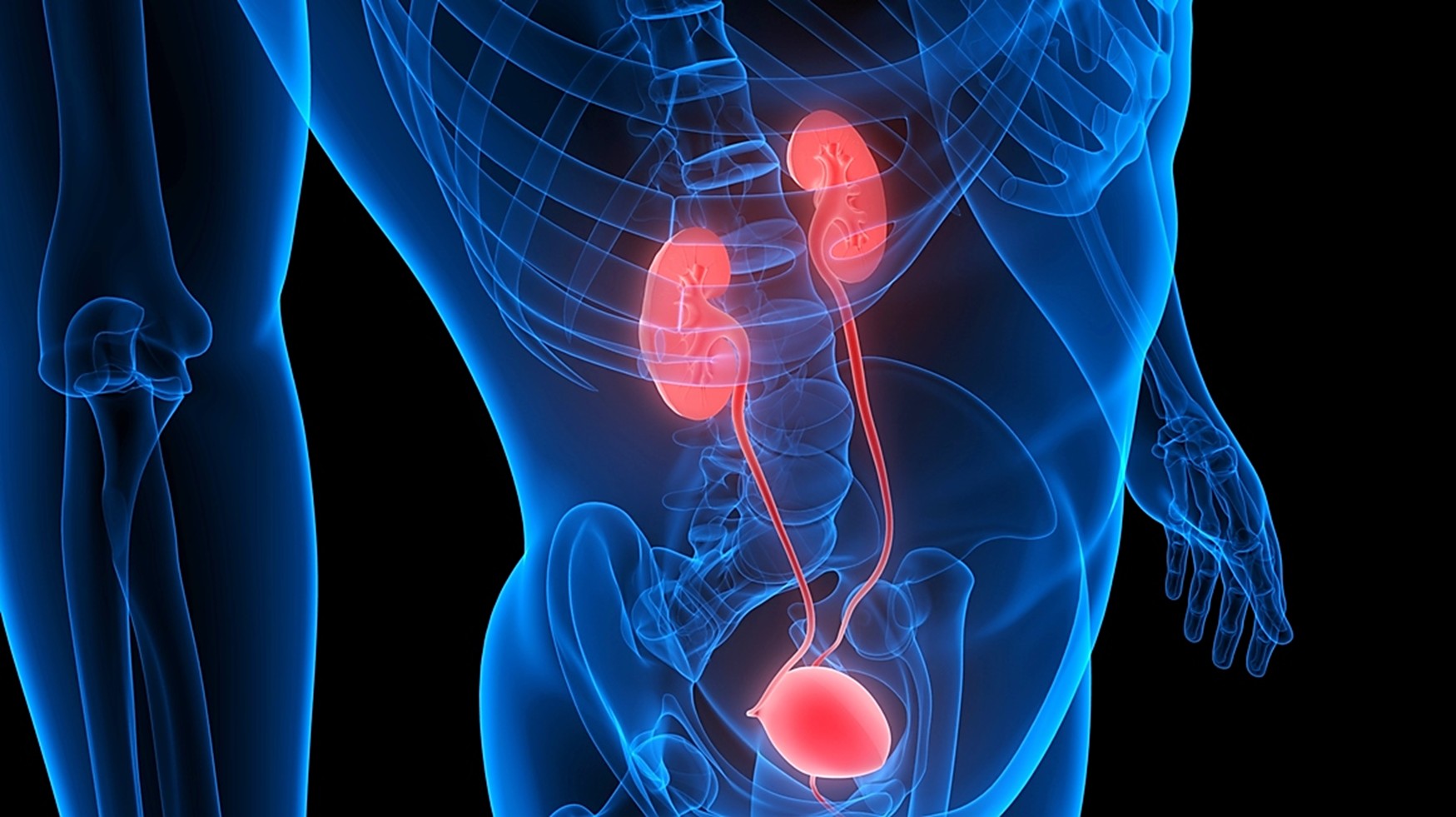
by Fern Shaw | Sep 3, 2025 | Water, water cooler, Water Coolers, water dispenser
Urology might not be the most talked-about health topic – but perhaps it should be. With half of us likely to face a urology condition in our lifetime, taking care of our urinary health is more important than ever.
Urology Awareness Month, held every September in the UK, helps bring attention to vital organs like the bladder, kidneys and prostate – and how we can keep them healthy with everyday habits.
And yes, one of the easiest ways to show them some love? Drink more water.
Staying hydrated helps these organs do their jobs – whether that’s filtering waste, controlling urine flow, or maintaining overall balance in the body. Dehydration can lead to all sorts of issues, including kidney stones, urinary tract infections and bladder discomfort.
The good news is you can keep an eye on your hydration with one simple clue: your urine colour. A pale, straw-like colour usually means you’re in the clear. Anything darker might mean your body’s asking for more H2O.
That’s where a water dispenser comes in handy. When fresh drinking water is easy to access – whether that’s at the office, workplace, job site, in waiting rooms, shops, fitness centres, schools or public spaces – we’re far more likely to drink enough throughout the day.
So, this month, don’t just raise awareness – raise a glass of water. Your urological system will thank you for it.
source: The Urology Foundation






